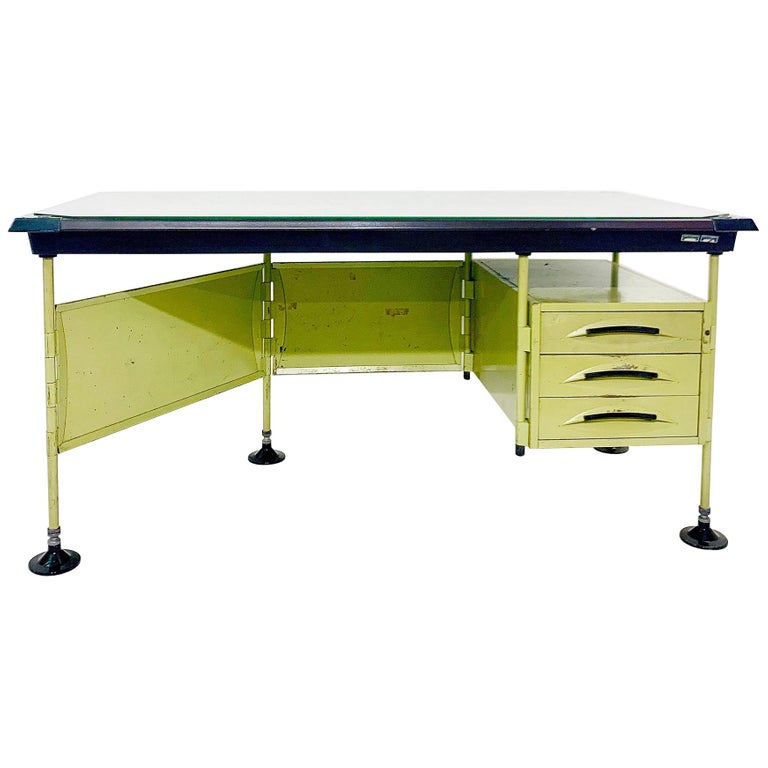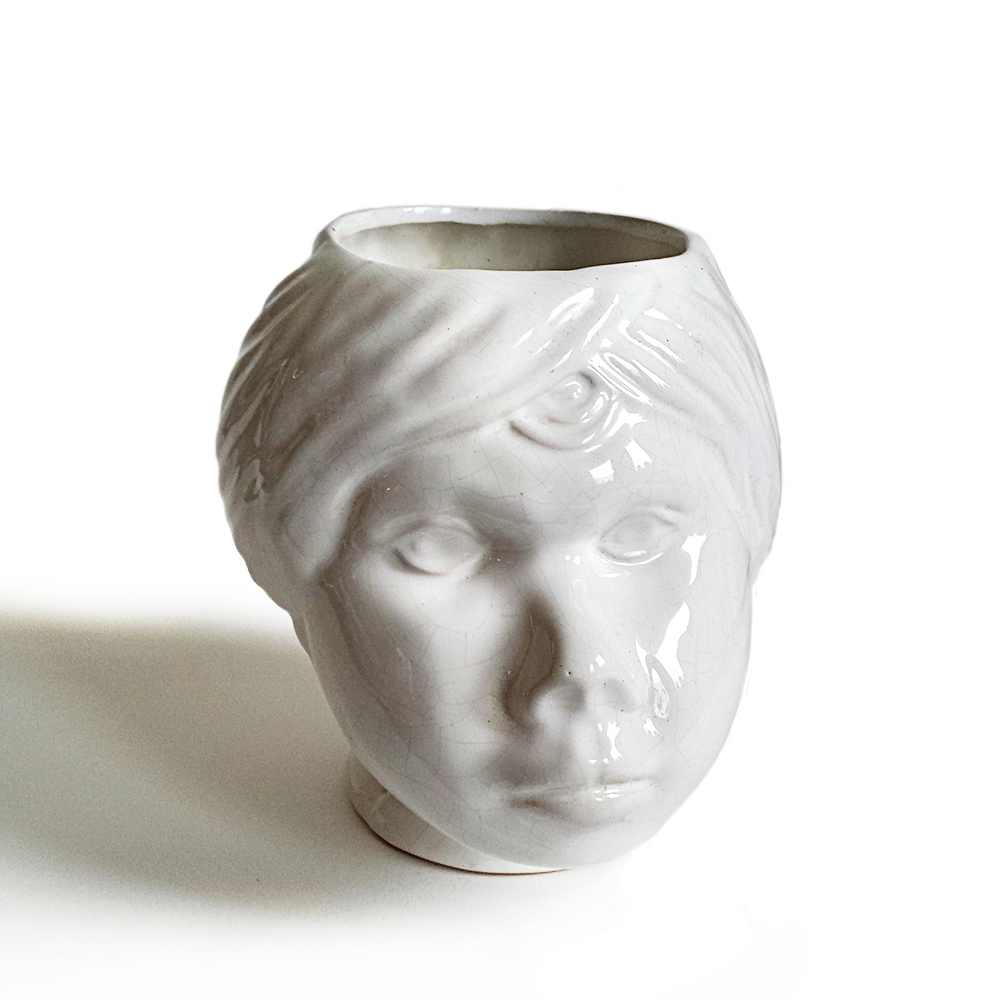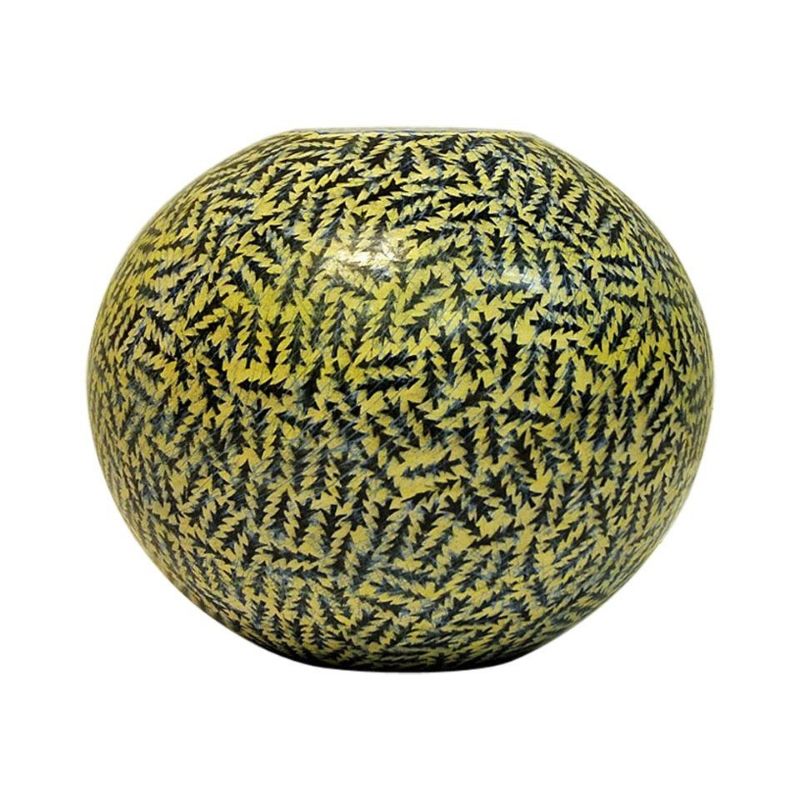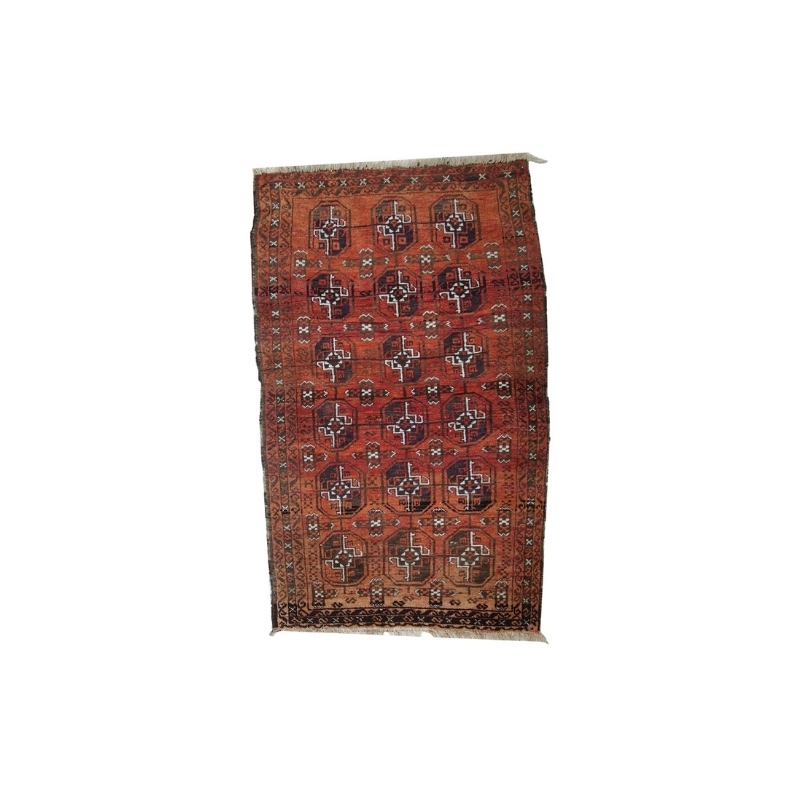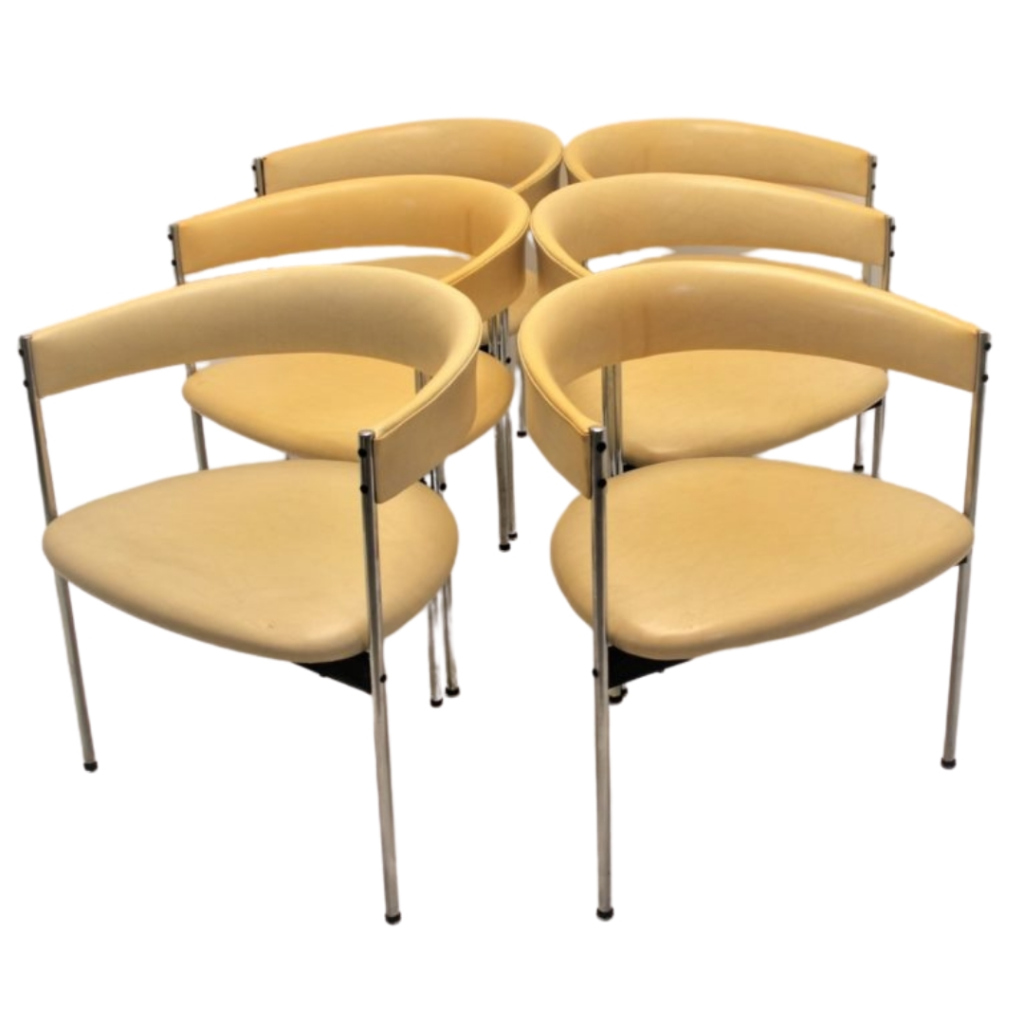Knoll uses a process they describe as a "transparent polyester coating" to achieve the fabulous shine and pretty good durability of their marble topped furniture (like the Saarenin and Florence Knoll tables.)
Our marble table has held up remarkably well over the twelve years that we've owned it, but the coating is beginning to bubble up and crack in a few places. Where this happens, it becomes opaque.
Knoll was not particularly helpful when I called them with this question. Perhaps they would prefer that we just buy a new table, or maybe I didn't reach the right person.
In any event, hope someone here has a thought. Since the finish is a big part of the attraction of the table, I'd like to find someone who can remove the old coating and apply a new one.

Oddly,
polished stone has a history of (presumably) thousands of years. Only in the last half-century has it seemed necessary to "gild the lily" (or is that "insult the lily" ?) by coating a polished natural substance. I suppose this is a way of guaranteeing -- for a few years, at least - a reliably shiny surface -- perhaps saving some factory time in polishing as well ? And I imagine such coatings resist the few substances that can stain natural stone.
But wouldn't it make more sense to use the stone as it comes, keeping it clean and polished, and keeping staining substances away from it -- or cleaning them promptly ? (What is the etiquette around the world, of dealing with hazardous spills in the middle of a meal, with guests ?)
Waxes and other polishes which need to be renewed from time to time, can repel stains as well as permanent finishes, I believe. And once a finish like polyurethane begins to separate from the stone, removing all of it is likely to be difficult -- or impossible ?
you may have a point
but its irrelevant to my situation, as I already have the table. I'd also point out that these coatings are expensive to apply, and that if consumers didn't want them, the manufacturer certainly wouldn't be using. Natural stone can be beautiful, of course, but the polyester coating creates a very hard to duplicate gloss that lasts for a long time (in my case, well over a decade). Although our table's surface is beginning to delaminate in a few places, it hard enough to notice that we'll still be able to get years of use out of the table.
The coated marble is also much more resistant to stains than unfinished marble, and requires no maintenance.
Personally, even if it turns out there is no cost-effective solution once the coating begins to come off, I'd make the same choice again.
.
Try this link, the page offers a few products and I suspect this is the sort of thing Knoll would be using...no idea how you would strip back the old finish though.
http://www.originalcolorchips.com/store/index.php?main_page=index&cPath=3
I am interested too
Hello,
Was very happy to read that some other people are confronted with the same issue. In fact my situation is slightly different. I bought the foot for the table from a friend who broke his original marble top. I found a company who was able to re-produce a Carrara marble top identical to the original, and now have an original foot with a "copy" of the top looking just like the original. Of course, as there is no "transparent polyester coating" but just the untreated polished marble, very quickly we have had stains appearing all over...although we are very careful. So now I am looking in to the possibility of sealing it myself..or have it sealed, but I need to know what to look for.
Someone talked about this product, but I wonder how Carrara marble will react to it and if it is easy to apply it perfectly without rims etc.
Any feedback most welcome.
Telux self-polishing varnish, by Tenax.
$50 per liter -- enough to cover 6-8 big Knoll tables.
Easy to apply, cures at room temperature in around an hour, won't yellow when exposed to UV.
Video at the link below the photo:
http://www.youtube.com/watch?v=m27BlX_gcw0
"Does it look anything like the original?"
As far as I know, it IS the original. Tenax has been making stone-finishing products in Italy for over 50 years; they're an industry leader. If I were making marble tabletops for Knoll in Italy, I'd use their products...
But don't trust me or any other anonymous person on an internet forum. Get a sample piece of marble from your local stone supplier, then buy a can of Telux and try it for yourself.
I was in touch with the...
I was in touch with the Telux producer Tenax in Italy. They told me that they have another product in their range which would be better for Carrara marble. It is called Hydrex. It doesn't give the glossy finishing but is better in protecting the stone.
Check it out here: http://www.tenax.it/web/scheda.asp?cat=6232&lang=5743&menu=5778&cod=5959...
Any feedback from anyone concerning these products?
http://www.tenax.it/web/scheda.asp?cat=6232&lang=5743&menu=5778&cod=5959...
Polyester Coating Cracking
I'm an interior designer and specified a Saarinen black tulip table w/ black marquina marble for my Dad ten years ago. He said he noticed very fine cracks in the coating a few years after purchase and now they are deeper, covering more area and much more obvious. My local Knoll rep is going to bat for me to see if there is any recourse but the warranty is expired. We are hoping Knoll will advise a method of removing the coating and having the marble re-coated or simply resealed. But my guess is there is no easy solution and if we want to pursue this - it will be up to some lucky stone re-finisher brave enough to take it on....Ugh. If anyone has tackled such a thing I'd love to know about it.
If you need any help, please contact us at – info@designaddict.com




